The ingredients in mineral water are particularly important for ambitious endurance athletes because they specifically replace lost minerals and electrolytes and support performance and recovery. Often, the right mineral water is better, cheaper, and more tolerable than supplementation with nutritional supplements. We'll explore this in more detail in this blog post:
Important ingredients and their significance:
We have already written an article about this, which you can find here: LINK
However, when comparing different mineral waters, significant differences become apparent. Not all mineral waters are the same, and it's important to analyze the ingredients carefully (just a few examples, without claiming to be exhaustive):
| Brand (mg per liter) | Calcium | magnesium | potassium | sodium | HCO3 |
| Selters medium | 107 | 39 | 13 | 257 | 791 |
| Gerolsteiner medium | 348 | 108 | 11 | 118 | 1,816 |
| Rosbacher medium | 224 | 101 | 4 | 89 | 1,225 |
| Fürst Bismarck medium | 61 | 4 | 0 | 10 | 188 |
| San Pellegrino medium | 166 | 49 | 0 | 30 | 244 |
| Spreequell medium | 17 | 3 | 2 | 6 | 13 |
| Volvic naturelle | 12 | 8 | 6 | 12 | 74 |
| State Fachingen medium | 99 | 59 | 0 | 564 | 1,846 |
| Elisabethen Quelle medium | 97 | 28 | 0 | 15 | 431 |
| Bad Liebenwerda medium | 16 | 3 | 2 | 7 | 8 |
| Vilsa medium | 47 | 4 | 0 | 16 | 175 |
Considering that you should generally drink approximately 2.2 to 3 liters of fluid per day, or more depending on your training intensity, things get interesting. When it comes to calcium, drinking 3 liters of mineral water, which contains 348 mg of calcium per liter, can already reach the recommended daily intake of 1,000 mg. With Gerolsteiner Medium, I even reached my recommended daily intake of magnesium. So, I can replenish these two minerals through my fluid intake.
What we as endurance athletes should pay attention to:
Check the label: The sodium, calcium, magnesium, potassium and bicarbonate content should be as high as possible.
Individual needs: Sweat rate, training volume, and personal losses vary. The optimal composition may therefore vary slightly from individual to individual.
The taste and carbonation content: During exercise, still or slightly carbonated mineral water is usually better tolerated.
⚠️ Important NOTE:
If water low in minerals or exclusively tap water is used, there is a risk of mineral deficiency (e.g. hyponatremia), especially if high sweat losses occur, which can significantly reduce performance and pose health risks.
Mineral water rich in minerals is therefore more than just a thirst quencher – it is a key factor for maintaining a balanced water and electrolyte balance and maintaining performance in endurance sports.
A little sidekick: Beers generally don't contain any minerals. So, alcohol-free beers don't either!
Note: Mineral calculator


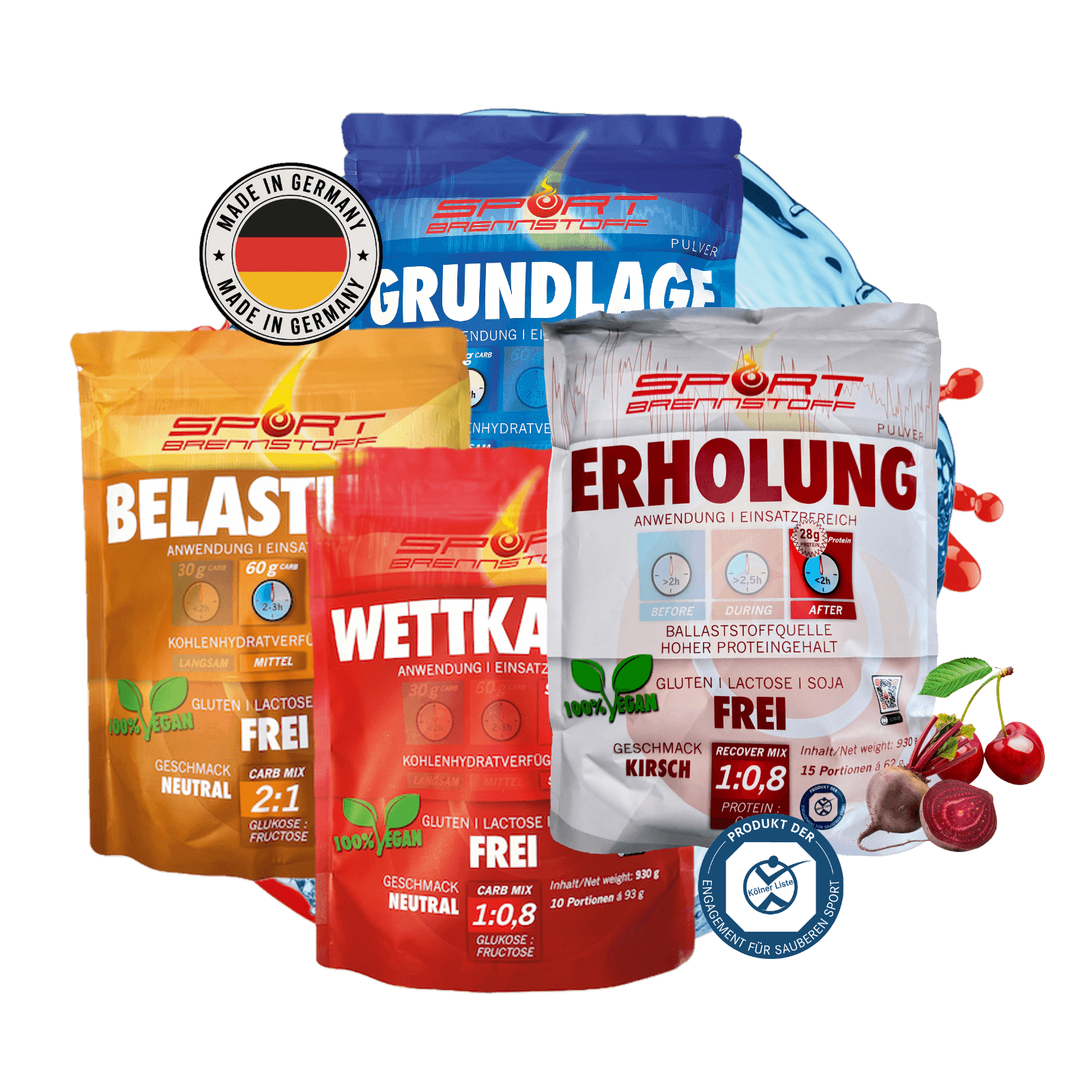
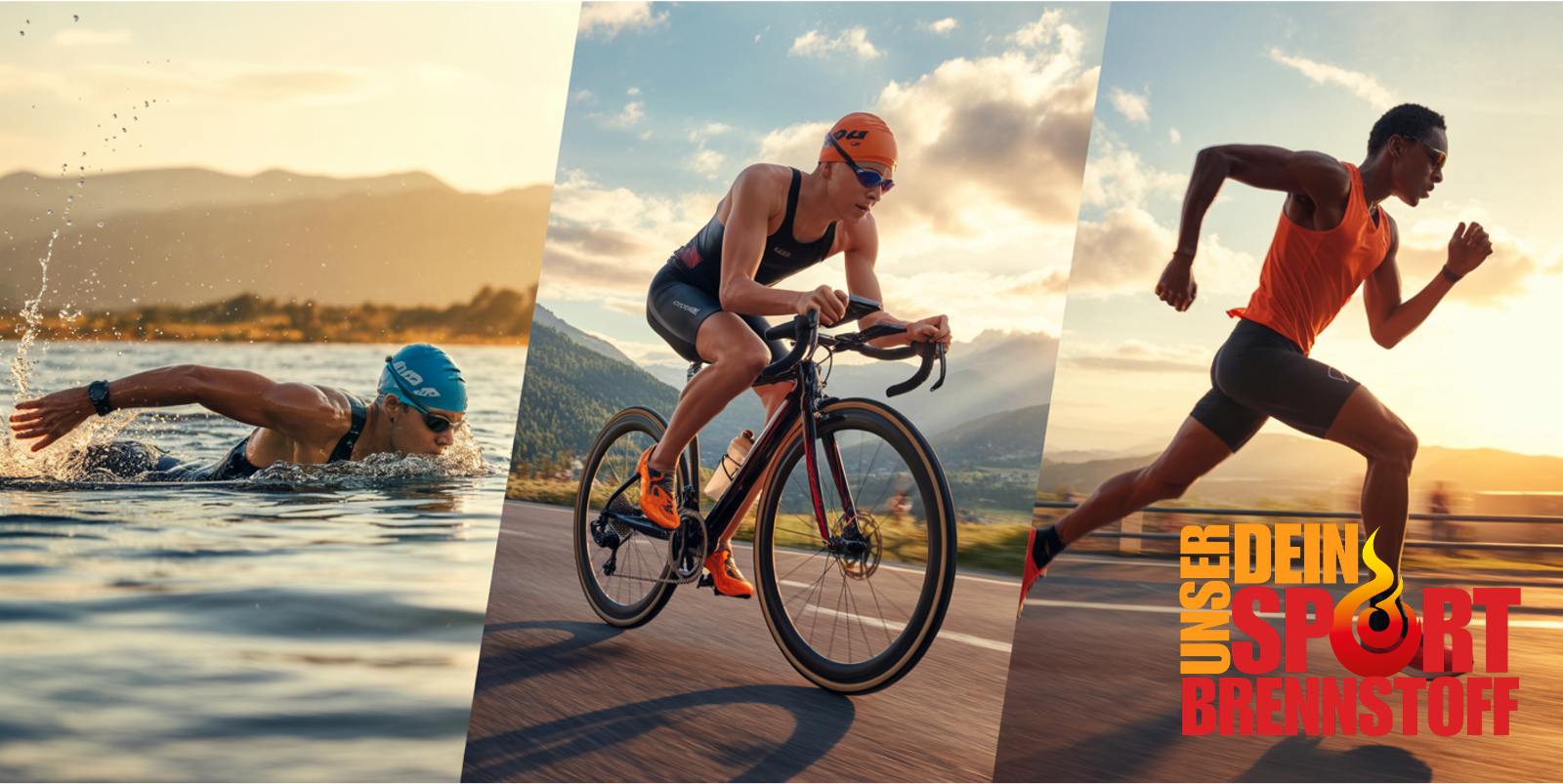
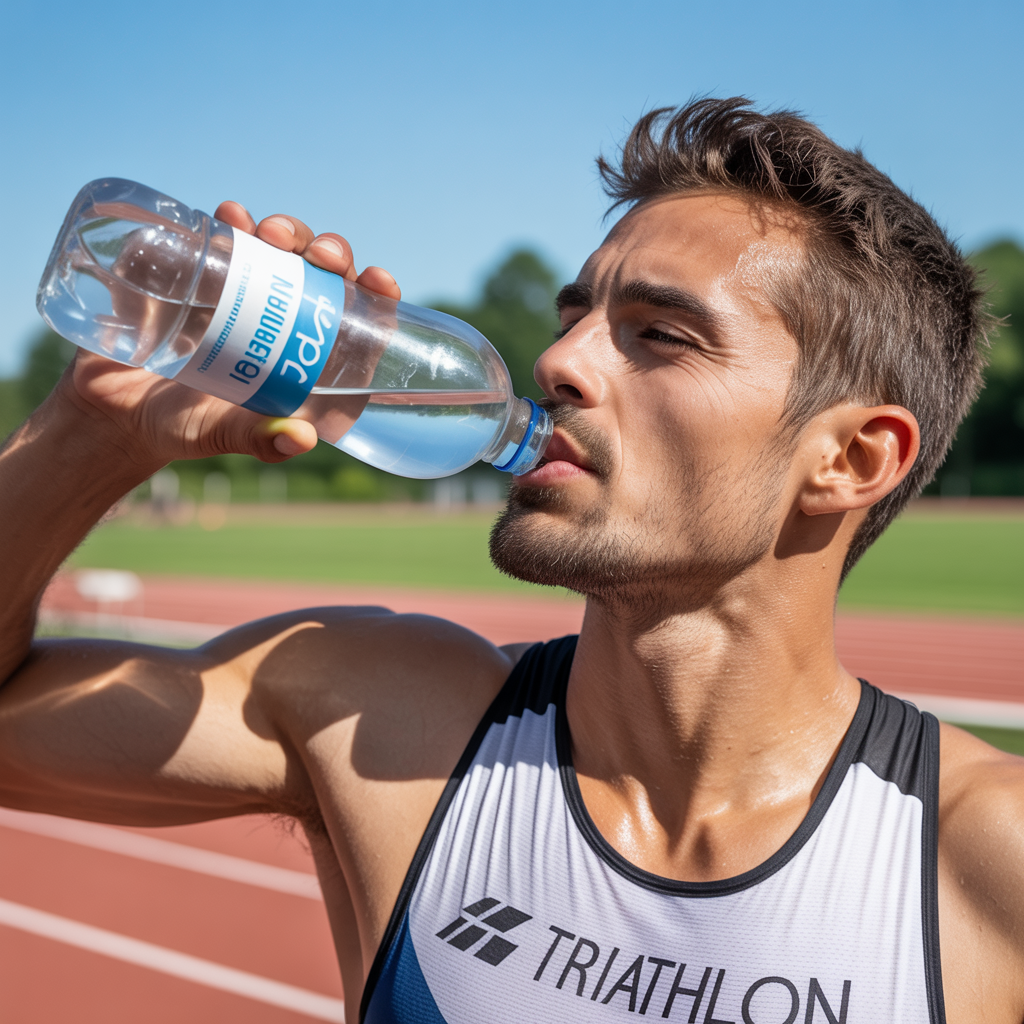
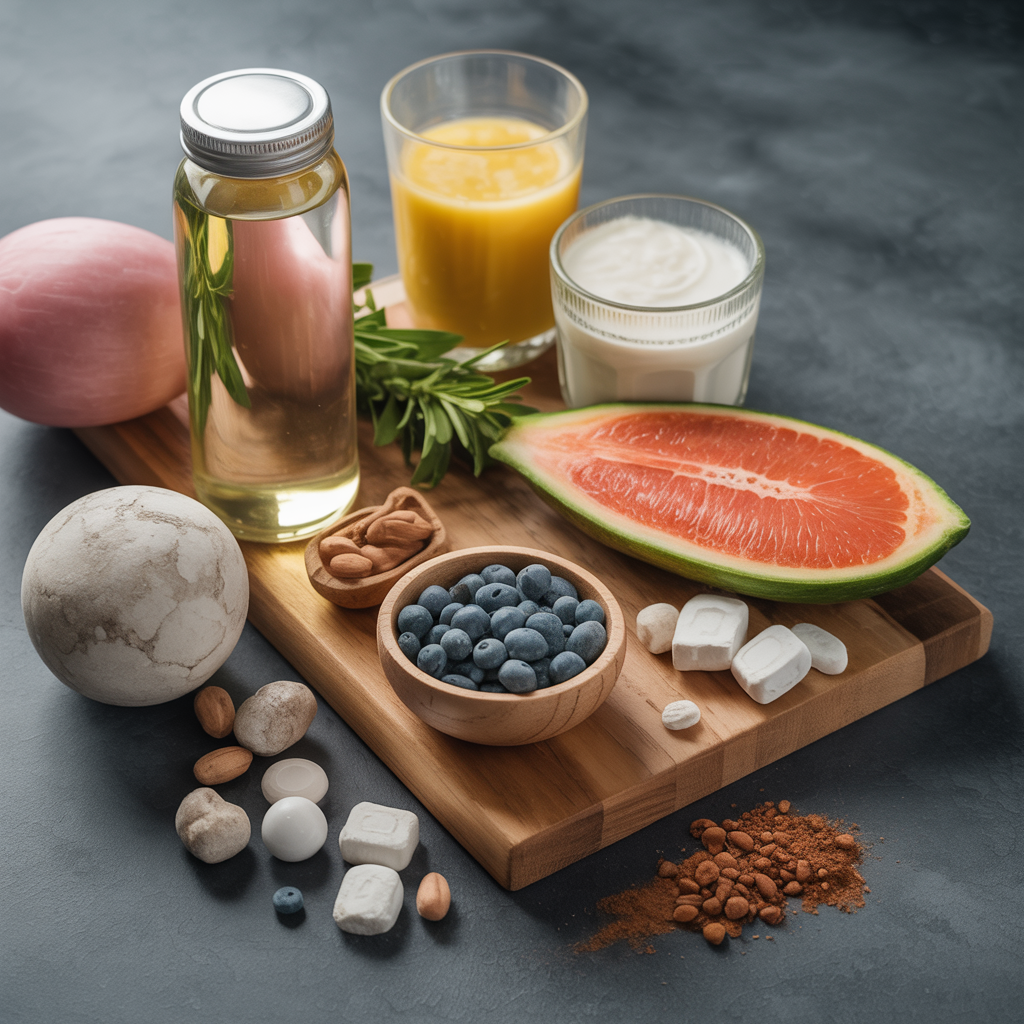
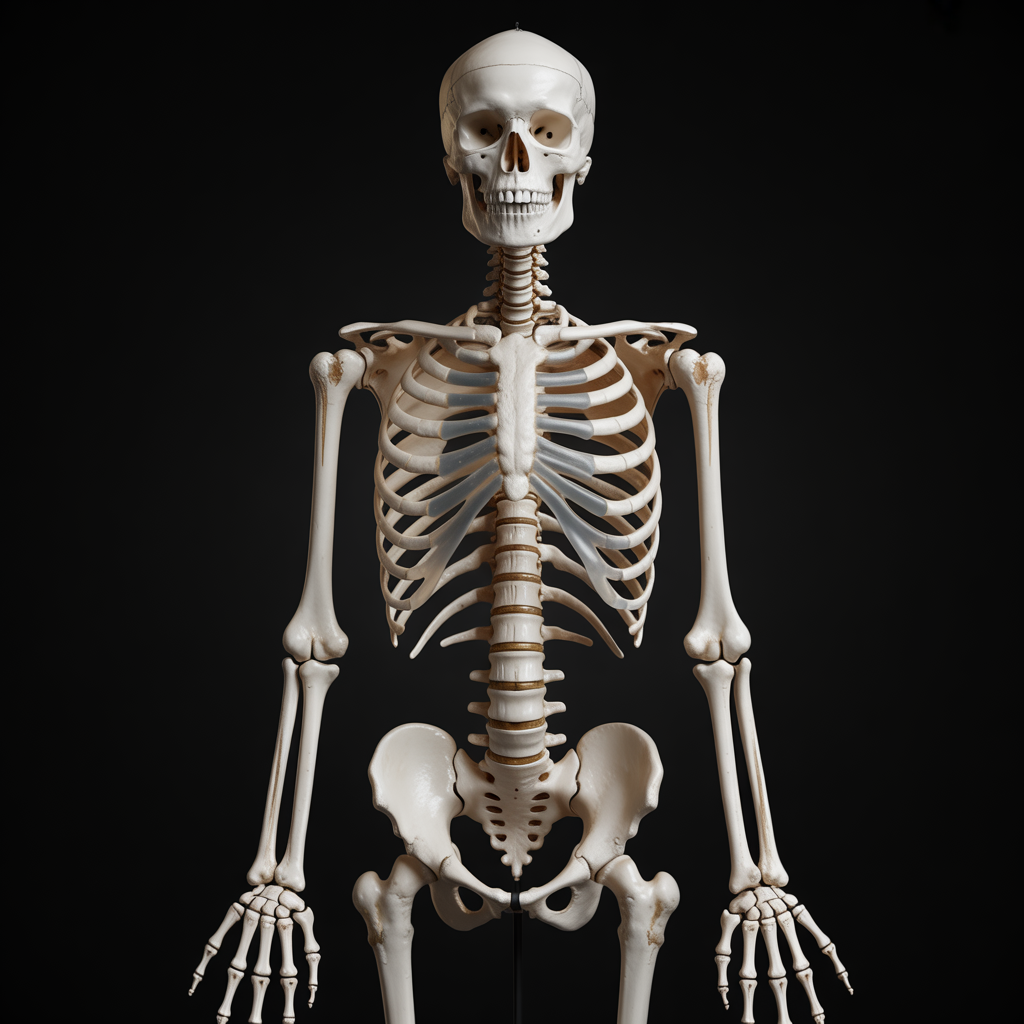
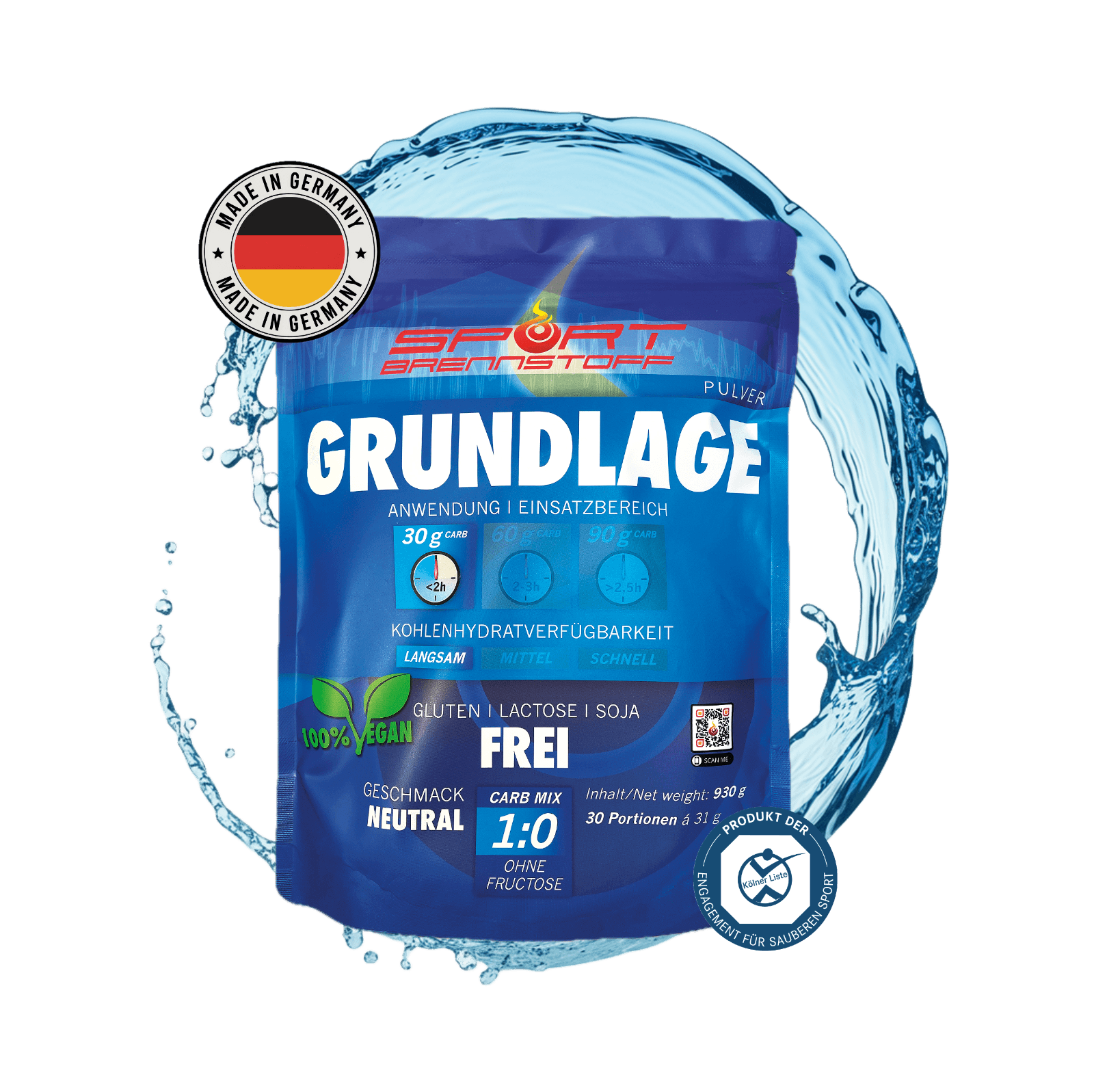
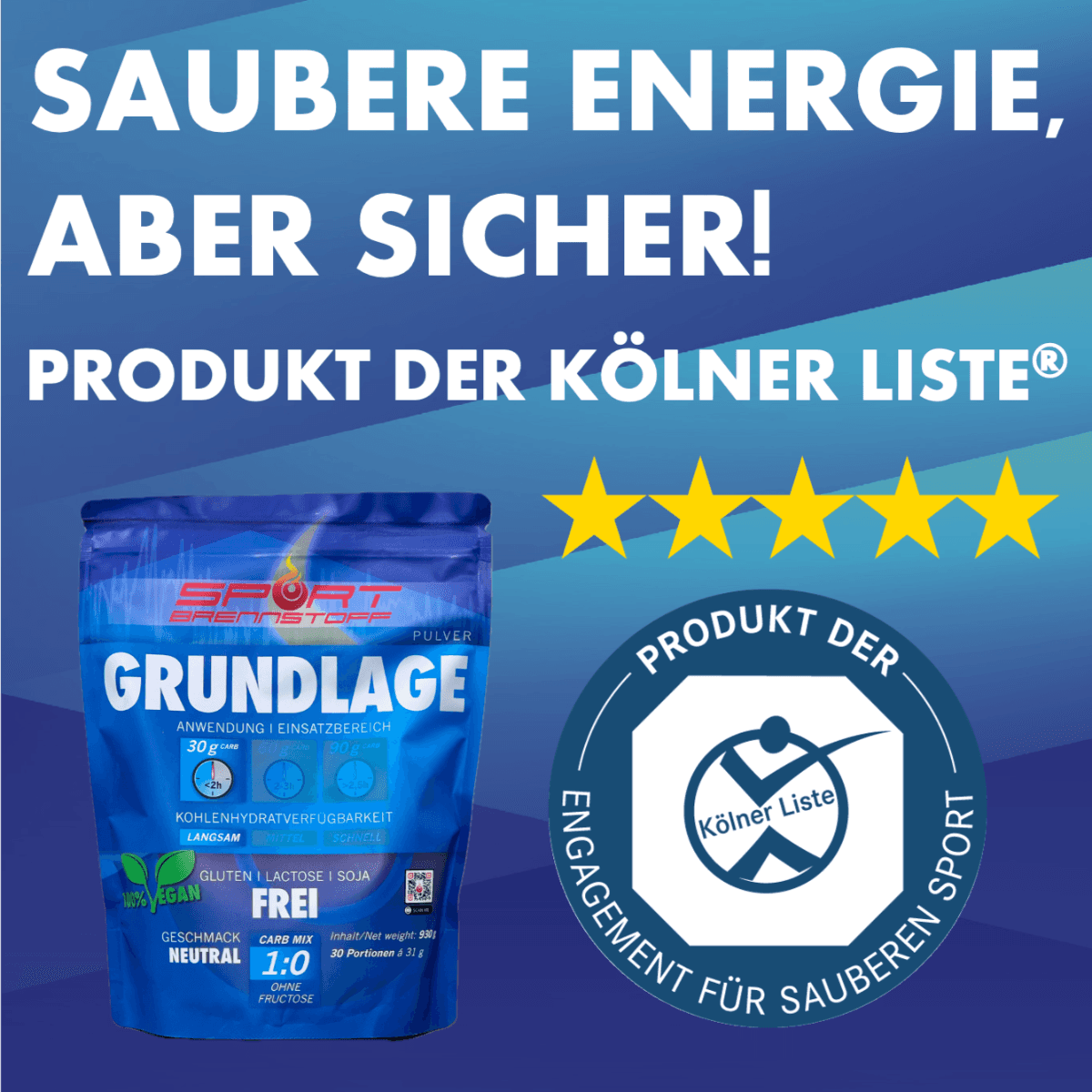
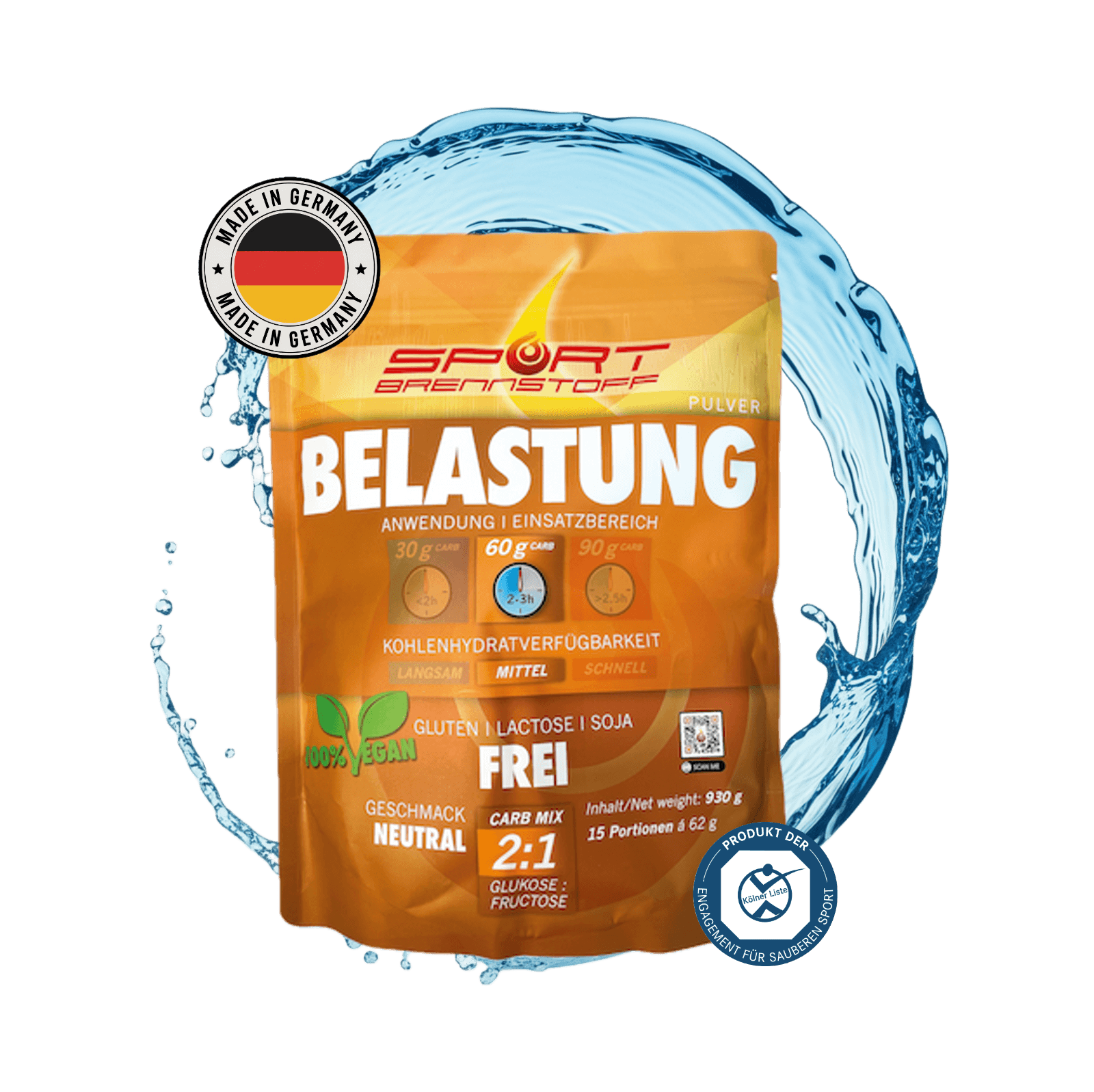
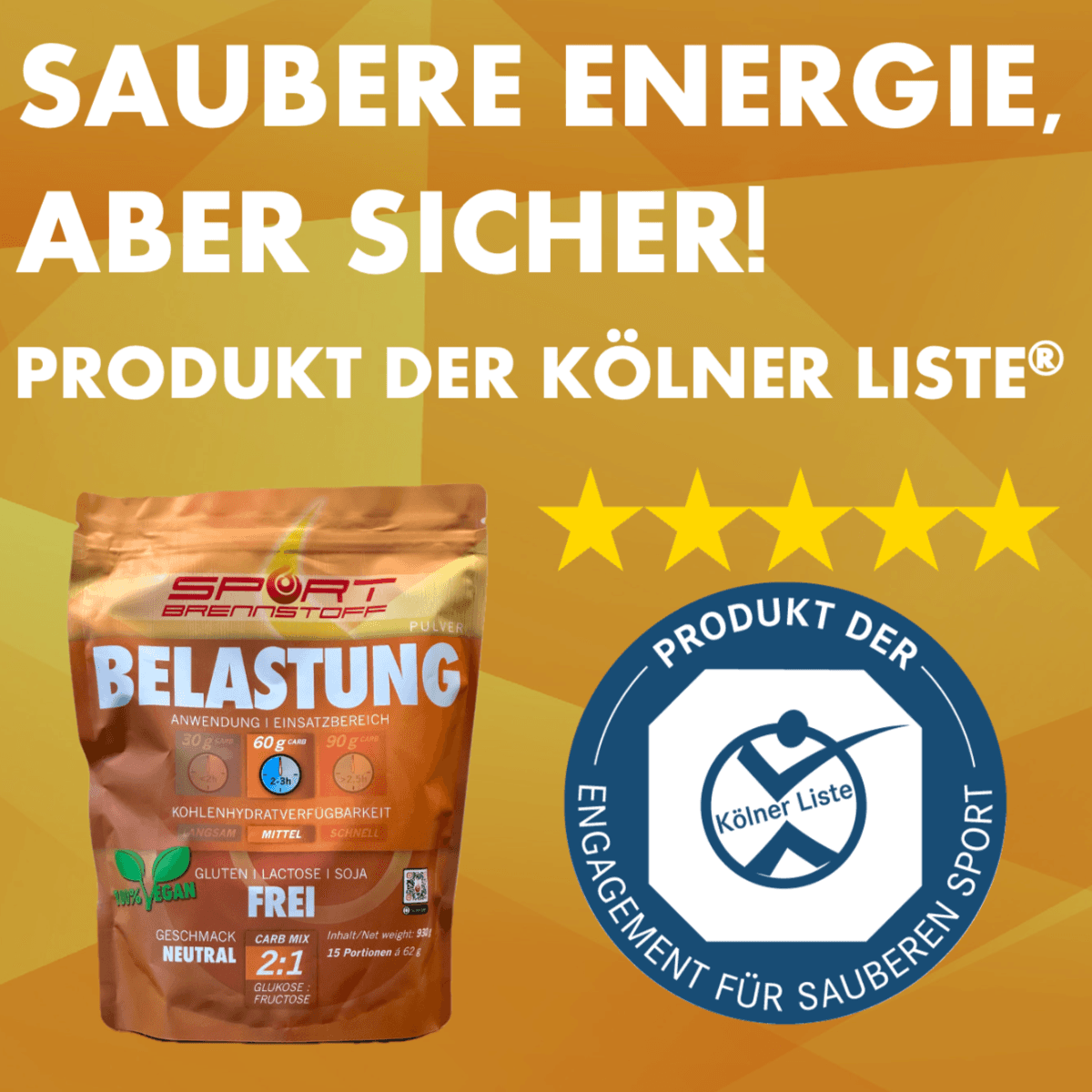
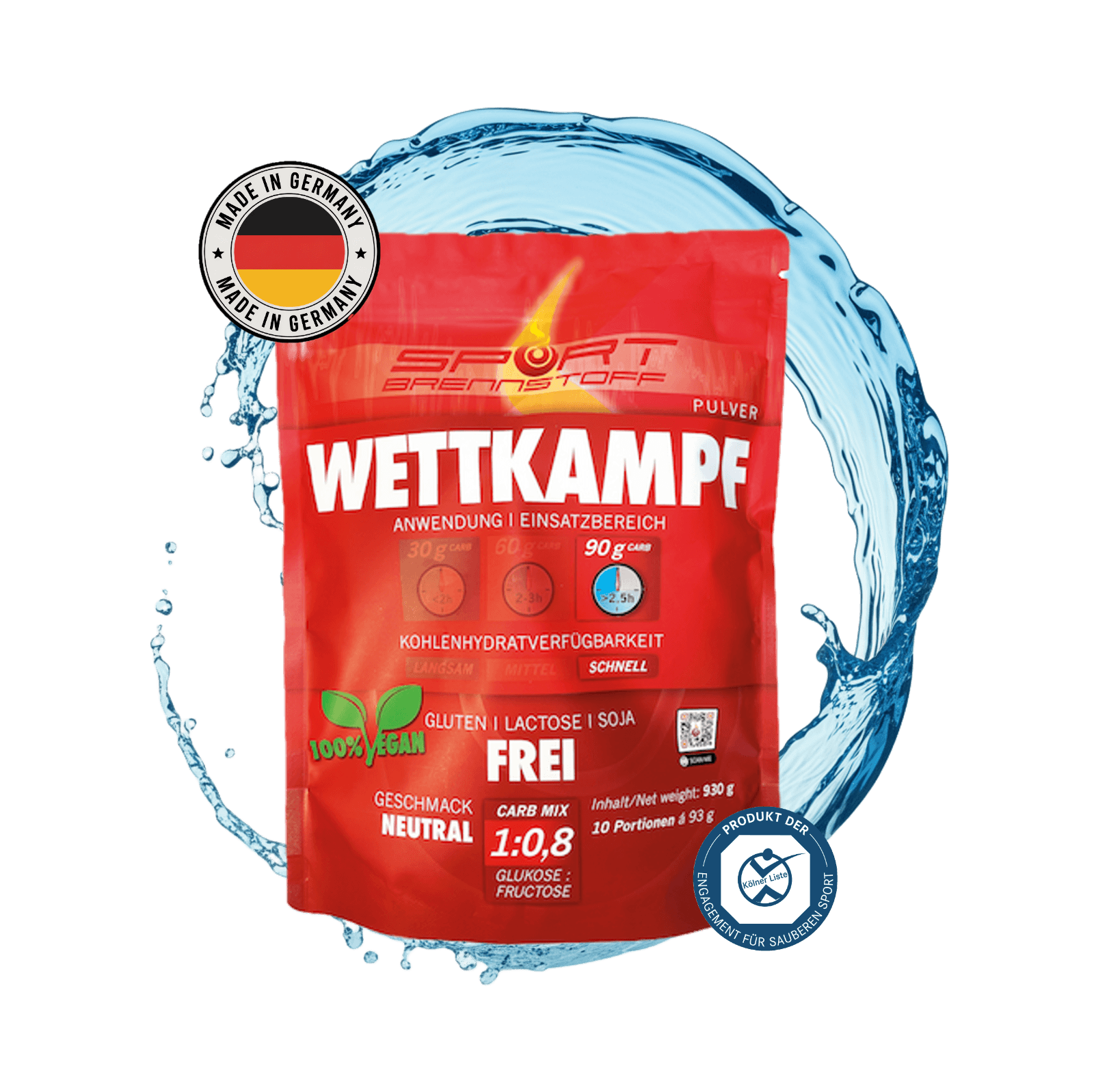
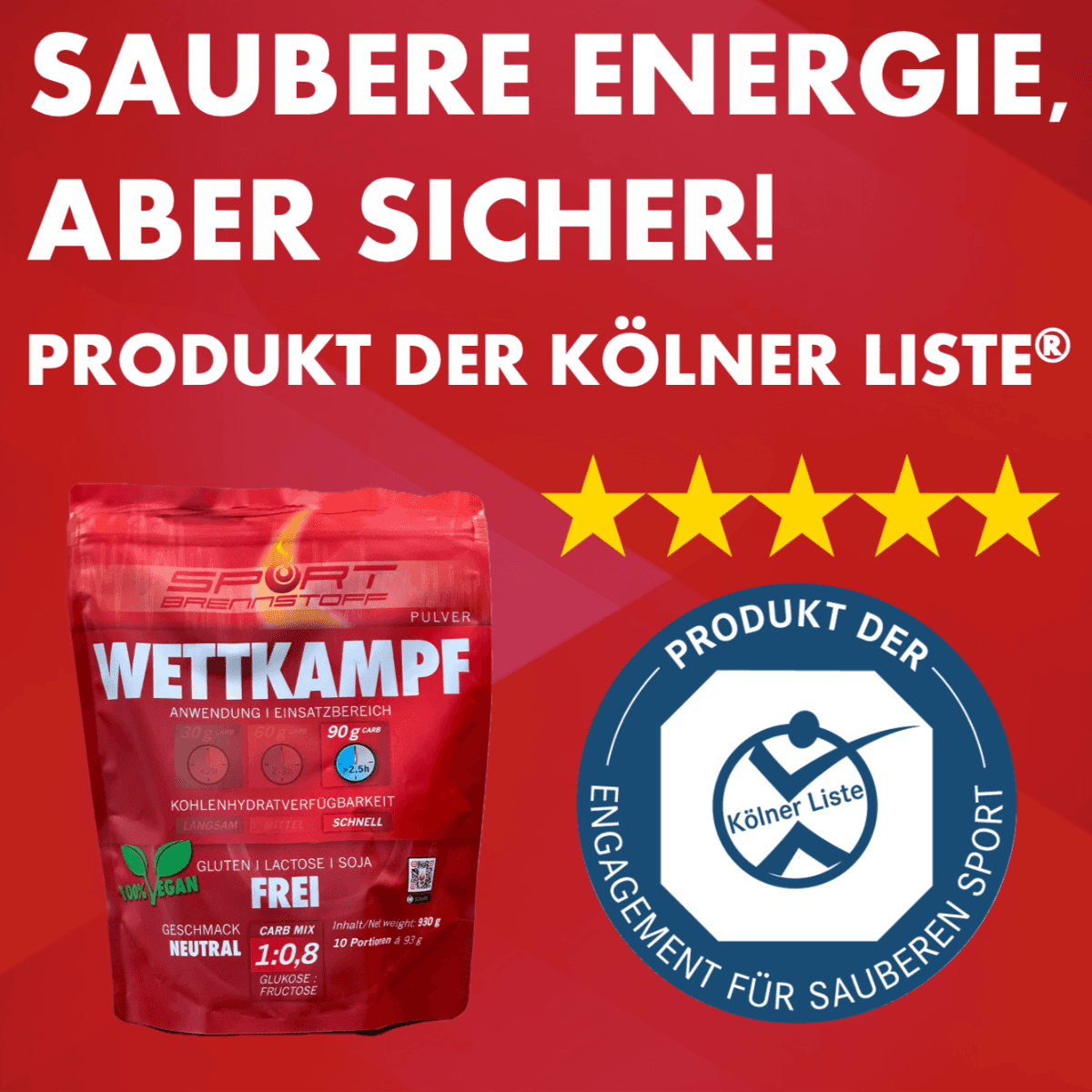
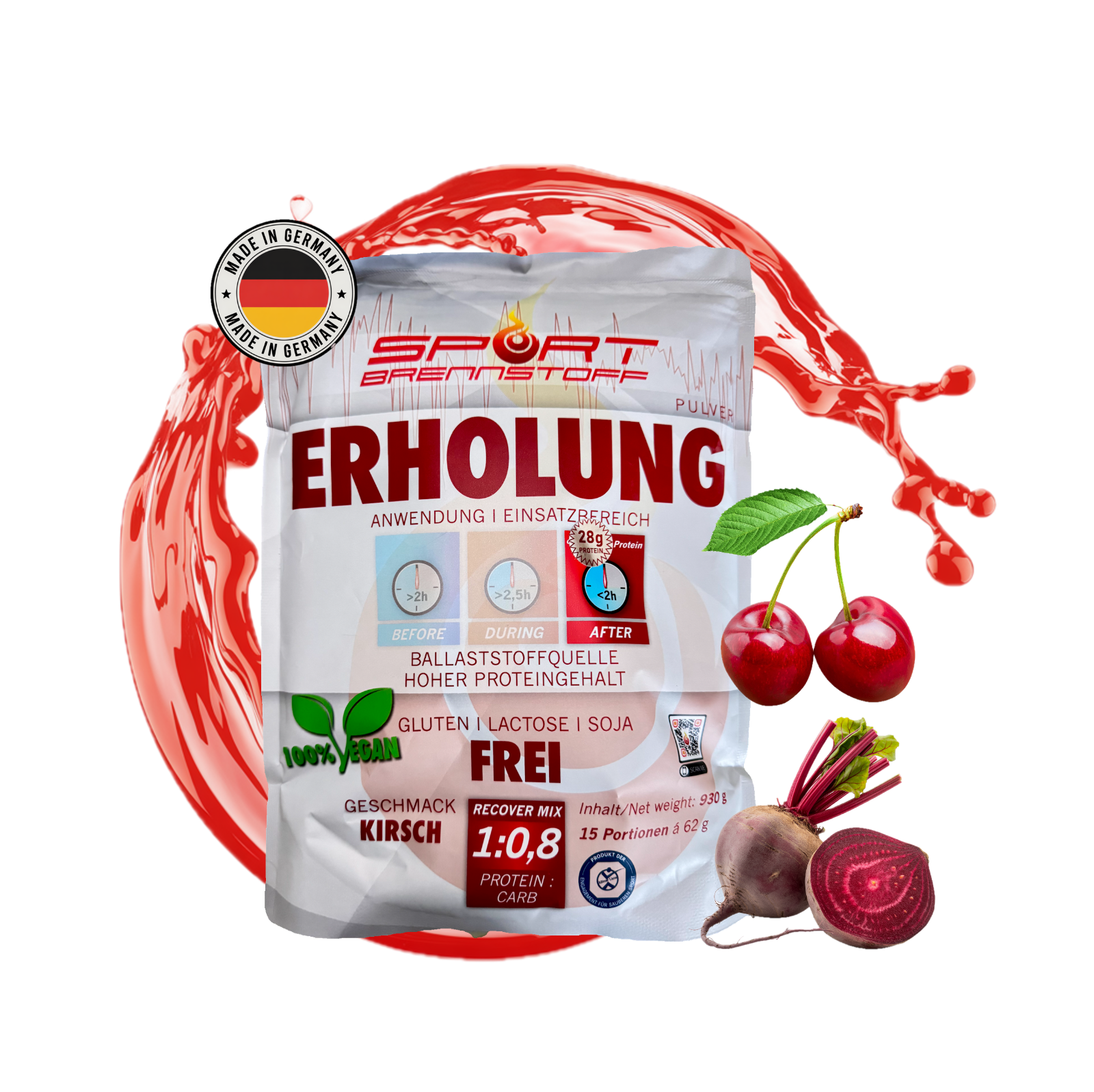
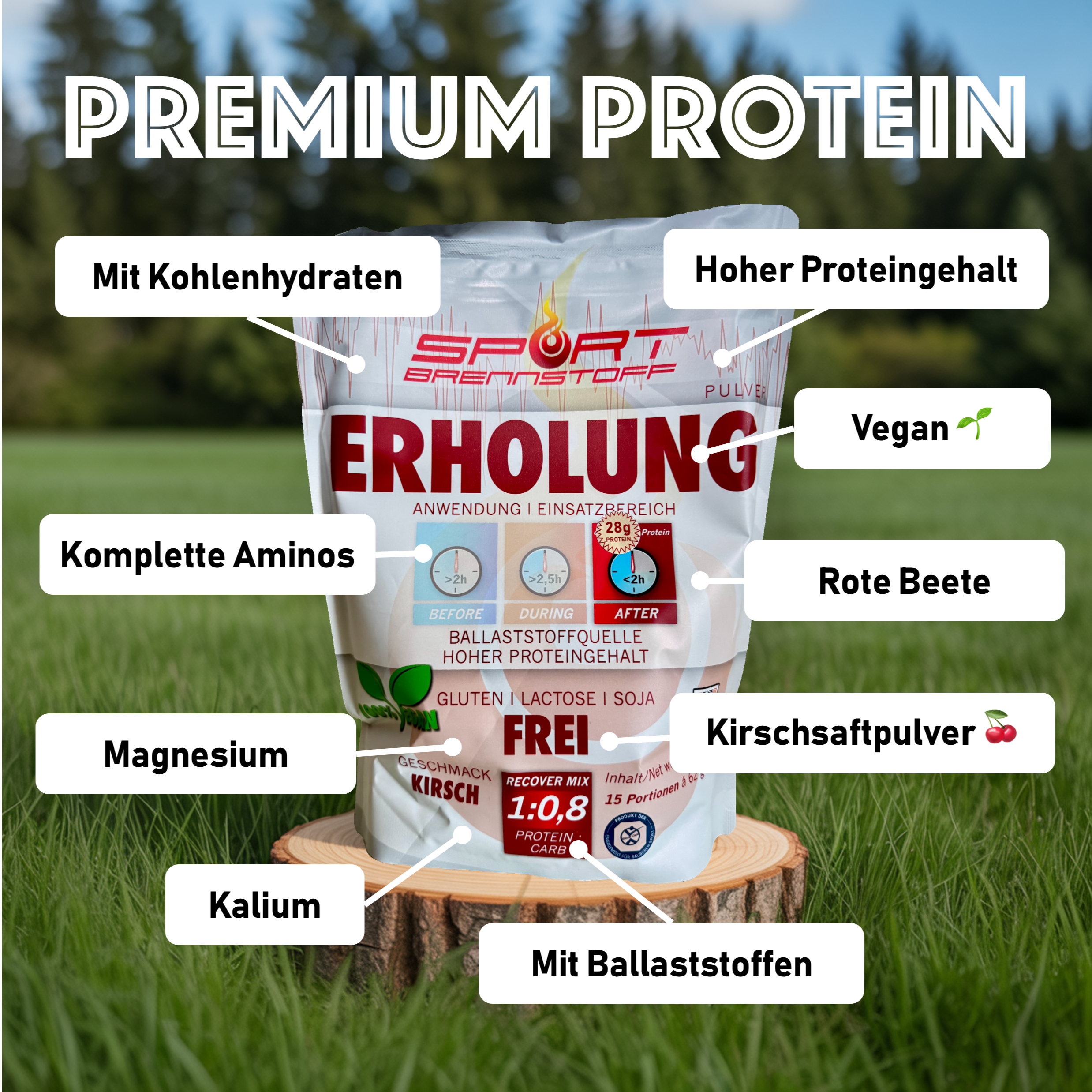





Leave a comment
All comments are moderated before being published.
This site is protected by hCaptcha and the hCaptcha Privacy Policy and Terms of Service apply.